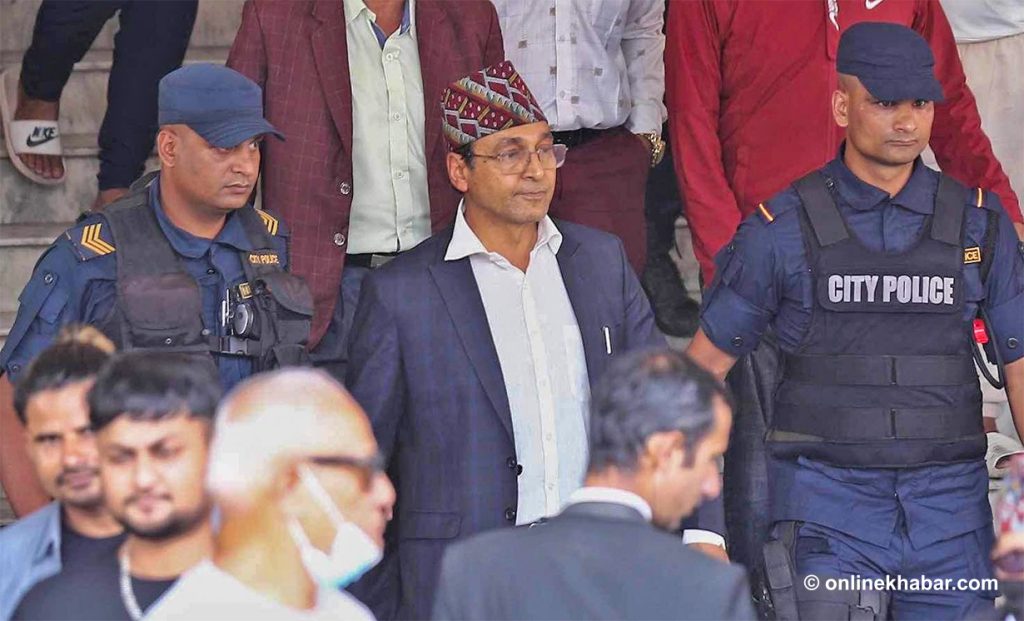
Kathmandu, August 17
The Supreme Court has raised serious questions regarding President Ramchandra Paudel’s decision to grant a pardon for the life imprisonment of Resham Chaudhary, the leader of the Nagarik Unmukti Party.
The Supreme Court has published the complete text of the case concerning the Tikapur incident and described it as a ‘cruel, inhumane, and unimaginable event within a civilised society’.
The Supreme Court has stated that the mob led by Resham Chaudhary assaulted eight police officers using sticks, stones, and axes. They inserted spears into their eyes and doused their bodies with petrol and kerosene.
“The act of murder carried out in an extraordinarily brutal, heartless, and ruthless manner is clear to see,” it said in its definition of the incident.
Ramesh Badal, a former Attorney General and Senior Advocate, believes that this statement from the Supreme Court implies that the pardon granted to Resham Chaudhary should be nullified.
“It was wrong for the president to pardon him without the full text of the verdict being released,” Badal told Onlinekhabar. “Our law does not allow for people who have been involved in such inhumane crime to be pardoned.”
Article 276 of the Constitution of Nepal includes a provision for pardon, stipulating that “The President possesses the authority to grant pardons, reprieves, alterations, or reductions to sentences issued by any court, judicial or quasi-judicial entity, or administrative officer or entity, as per the provisions of the law.”
The constitution specifically addresses the matters of pardon and reprieve exclusively in accordance with the law. In this regard, Section 159 of the Civil Code of Criminal Procedure Act, 2017 outlines the possibility of sentence waiver.
As per this provision, an individual who has been sentenced based on a court judgment can submit an application through the Ministry of Home Affairs to the President, seeking a pardon or reduction of the sentence.
The act has a stipulation requiring the individual seeking pardon to include a copy of the court verdict. However, in Chaudhary’s case, the president pardoned him without the final verdict being released.























